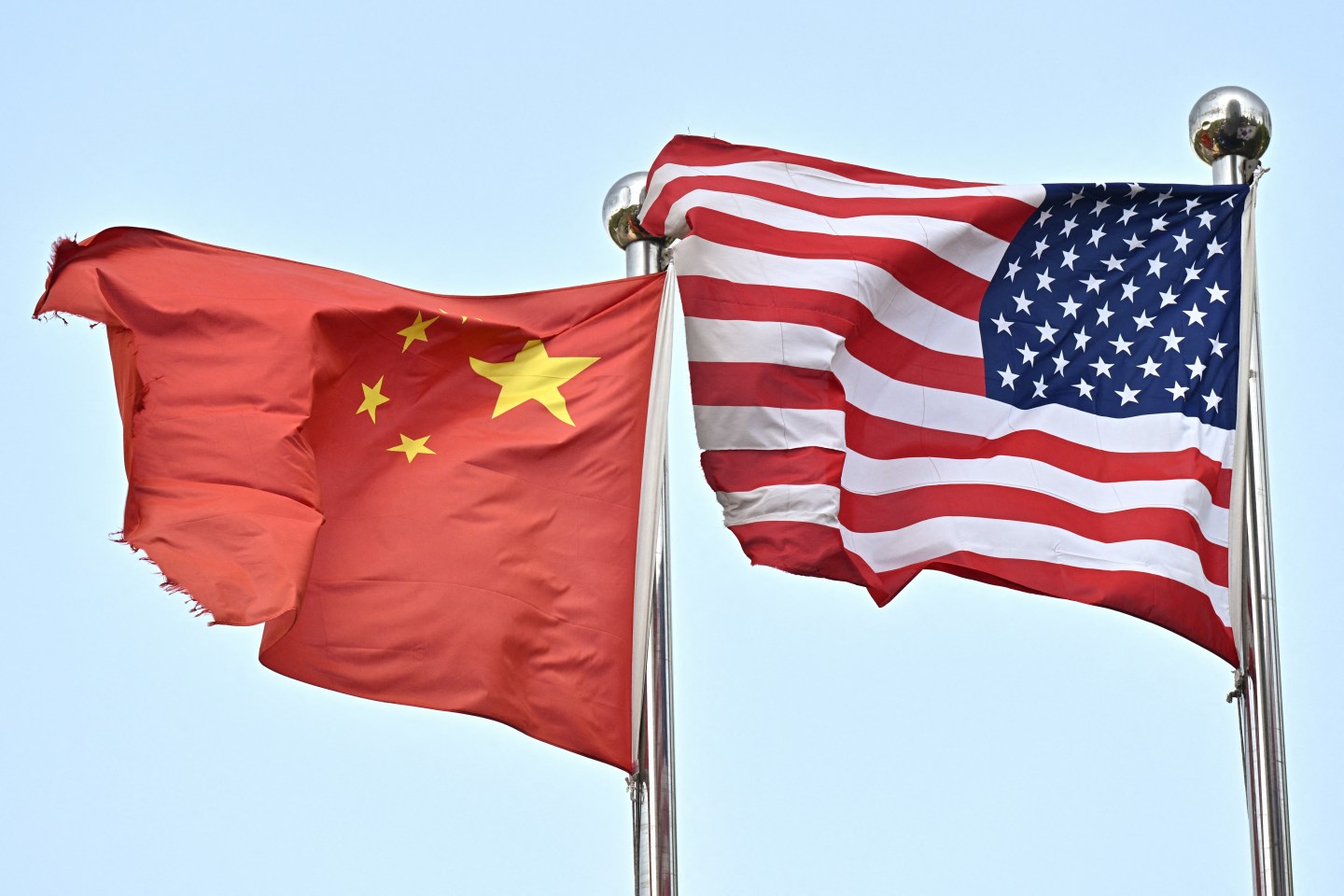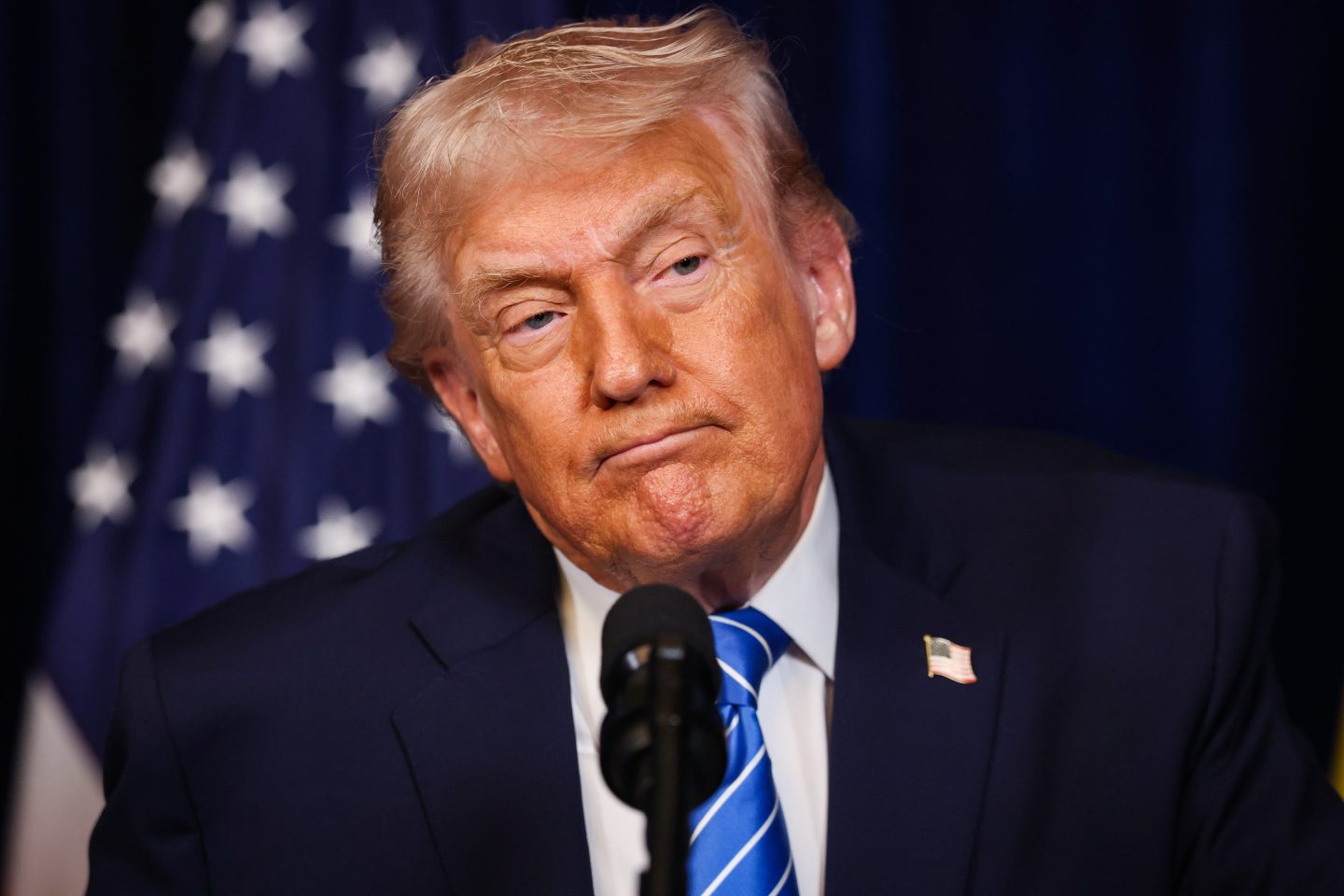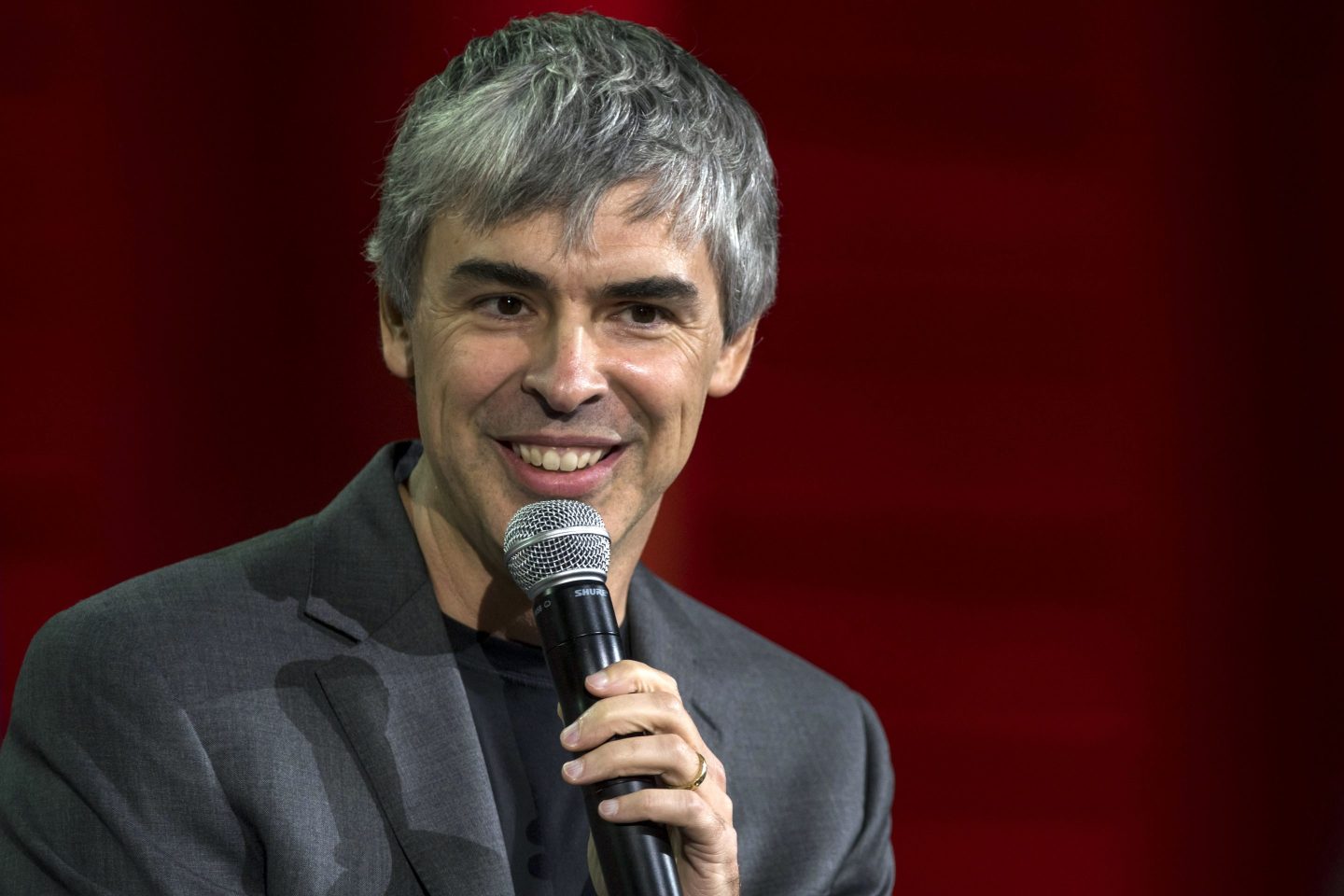Good morning. The new CFO of retail giant Costco, Gary Millerchip, succeeds the company’s longtime finance chief, Richard Galanti, who had been in the role for decades. One of Costco’s first moves with Millerchip at the helm of finance: the first membership fee increase in seven years.
The company announced on July 10 that membership prices are increasing by $5 to $65 for the basic Gold Star level in the U.S. and Canada, while the executive membership plan, which offers cash back, will go to $130 from $120 as of Sept. 1. Costco boasts 128 million members worldwide.
Millerchip began the job after Galanti ended his nearly 40-year tenure as CFO of Costco on March 15. Prior to leaving, Galanti had been teasing a membership price hike for months, hinting that he preferred to wait until inflation pressures afflicting customers eased, my Fortune colleague Phil Wahba reported. Last September, Galanti commented on a call with investors that it’s “a question of when, not if.”
Wahba points out that membership fees are no small matter to a company like Costco. And of the most important decisions made by a Costco CFO is the timing and size of a fee increase.
His recent deep dive into the culture of the retail giant explains the dynamics of membership. Wahba writes: “Its distinctive place in the public’s imagination has propelled Costco to tremendous growth. Net sales have risen around 10% annually for the past 35 years, almost three times as fast as overall retail spending over that span. Membership, meanwhile, has risen 50% since 2016—a vital detail, because membership fees drive most of Costco’s profits. Last year the fees amounted to roughly two-thirds of profits, and on several occasions in the past few years, Costco would have reported a net loss without them. Without membership growth, Costco’s bargain, sometimes loss-leading prices—and the clout with suppliers that makes them possible—would be hard to sustain.”
Costco’s membership fees generated $4.6 billion in revenue, and the member renewal rate in the U.S. and Canada was 92.7% (globally it was 90%) in the fiscal year that ended last September. The average U.S. Costco member has a household income of $100,000, compared to shoppers at Target ($89,400), Sam’s Club ($86,900), and Walmart ($76,300), according to consultancy Kantar Retail, Wahba reported.
Millerchip joined Costco from The Kroger Co., where he served as SVP and CFO since April 2019. He spent 15 years at Kroger, preceded by more than 20 years in banking, most recently with the NatWest Group (formerly Royal Bank of Scotland) in the U.K.
When Costco announced in February that Galanti was stepping down, the move came as a surprise to Wall Street, and the company going with an external CFO hire was also unexpected. But Millerchip is on board with Costco’s membership fee philosophy. “We’ve historically looked at increasing the membership fee every five years or so,” he said during his first Costco quarterly earnings call on May 30. “And obviously, we’re beyond that time period now in terms of what would be the typical cycle.”
But there’s at least one price hike that’s not likely to happen: “I also want to confirm the $1.50 hotdog price is safe,” Millerchip said on the earnings call.
Sheryl Estrada
sheryl.estrada@fortune.com
Leaderboard
Dave Pauli was promoted to CFO at Zurn Elkay Water Solutions Corporation (NYSE: ZWS), effective immediately. He succeeds Mark Peterson who joined the company in 2006, has served as CFO since 2011, and will now take on the role of chief administrative officer. Pauli joined Zurn Elkay in 2012 as assistant corporate controller, later adding responsibility for financial planning and analysis. He went on to serve as a divisional VP of finance before being named corporate controller in 2016.
Dominic C. Canuso was named CFO at Capital Bancorp, Inc. and Capital Bank, N.A., effective July 15. Canuso most recently served as EVP and CFO at WSFS Bank while also serving as the executive leader of the Cash Connect line of business. Prior to WSFS, Canuso spent nearly a decade at Barclays Bank, last serving as the line of business CFO for the U.S. credit card business. He has also previously worked at Advanta Bank and Arthur Andersen Consulting.
Big Deal
Thomson Reuters released its 2nd annual Future of Professionals Report, based on the responses of 2,200 professionals—across the legal, tax, trade, accounting, and risk, fraud and compliance fields, and within individual firms, corporate functions, and government agencies across 50 countries.
The rise of AI and GenAI remains the dominant issue that they see as a catalyst for change in their respective professions. More than three-quarters (77%) of respondents overall said they believe AI will have a high or transformational impact on their work over the next five years, according to the report. This was 10 percentage points higher than in the 2023 report. And 42% of all respondents now say they believe AI will have a transformational impact, compared to 34% in 2023.
“As we look to the future, one thing is clear: AI-empowered professionals and their companies will outpace those who resist this transformative era,” Steve Hasker, president and CEO of Thomson Reuters, said in a statement.
Going deeper
Dun & Bradstreet has published its Q3 2024 Global Business Optimism Insights report which is based on a survey of 32 global economies and 10,000 businesses. Despite ongoing uncertainties related to geopolitical tensions and interruptions in the supply chain, the findings indicate increased optimism across five indices including business, supply chain continuity, financial and investment conditions, and ESG initiatives.
For example, the firm’s Global Supply Chain Continuity Index increased 1.2% for Q3 after a decline of 8% in Q2. And, the Global Business Investment Confidence Index improved 23.3% for Q3. The reading signals “a meaningful improvement” in capital spending optimism centered on growing signs that global monetary policy is shifting to become more accommodating, according to the report.
Overheard
“We along with the broader tech industry will be closely following the next potential steps in this Google/Wiz marriage heading down the aisle over the coming weeks.”
—Wedbush Securities’ tech analysts Daniel Ives, Taz Koujalgi, Scott Devitt, and John Katsingris wrote in a Sunday industry note to investors. The analysts were referring to a Wall Street Journal report that Alphabet Inc., Google’s parent, is in advanced talks to acquire cybersecurity startup Wiz for roughly $23 billion.













